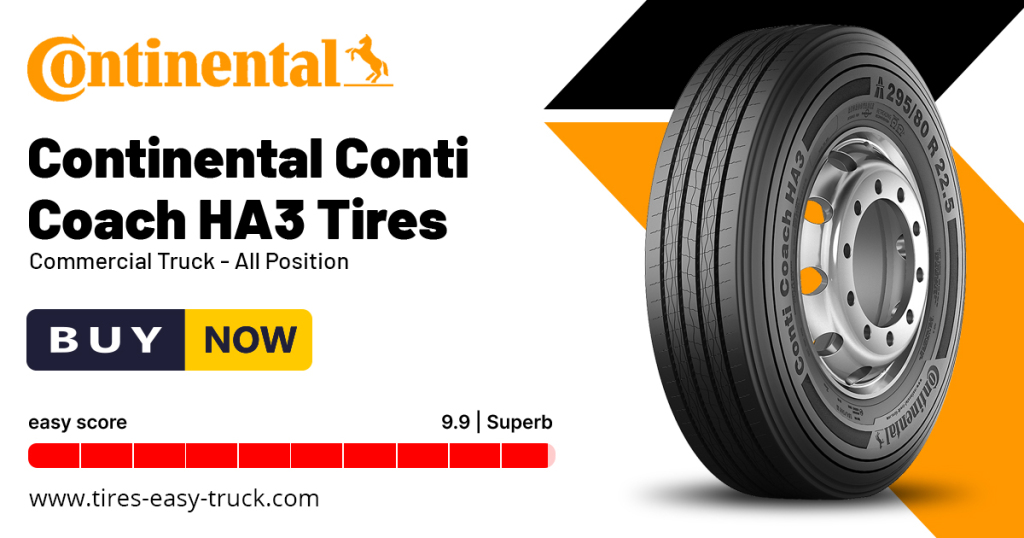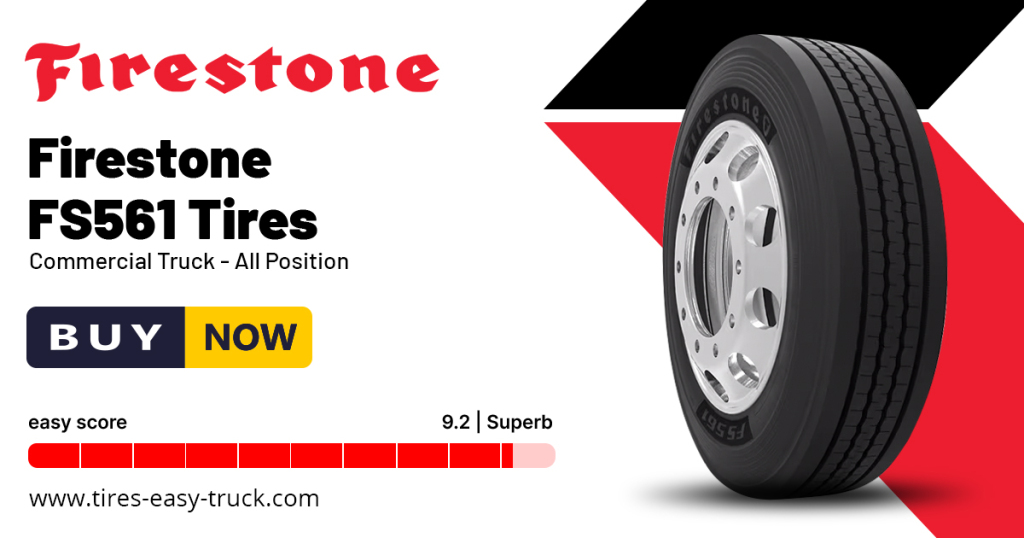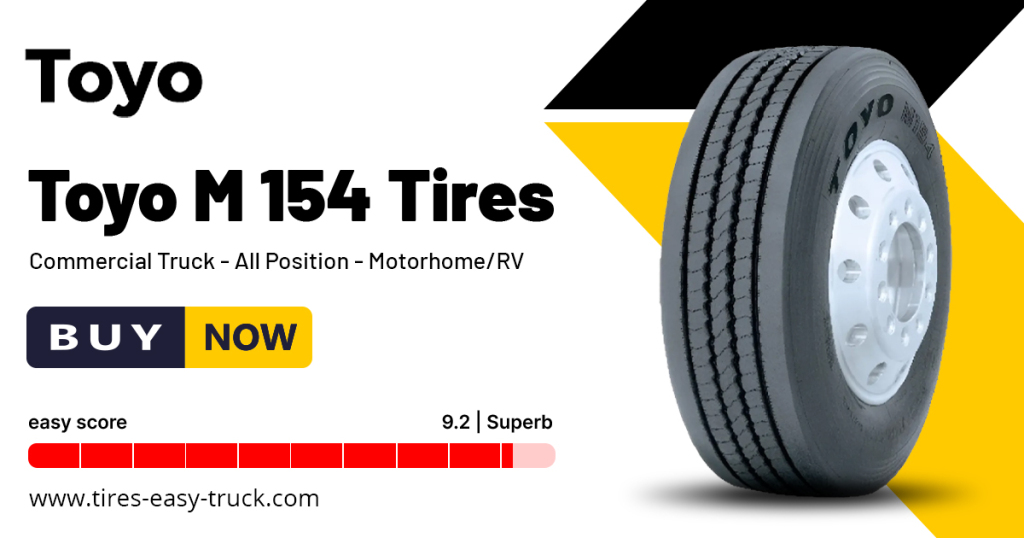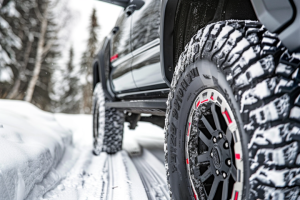Last Updated on August 28, 2024
Discover the Ultimate Guide to the Best Class A Motorhome Tires for Smooth and Safe Journeys
A Class A motorhome is a type of recreational vehicle (RV) characterized by its large size, spacious interior, and integrated design. It is built on a specially designed chassis, often resembling a commercial bus or truck, and typically offers the most luxurious and feature-rich accommodations among all RV classes. These top-of-the-line models need specific and durable tires, and today, we will tell you all you need to know how to find the best tires for Class A motorhome. Also, what should you look for when searching for rubber for your Class A vehicle?
What Is Best A Class Motorhome Tires?
Size:
Class A motorhomes are the most significant type of RVs, ranging in length from around 25 feet to over 40 feet. Their size allows for spacious living areas and amenities similar to traditional homes.
Integrated Design:
Unlike other RV classes that may have separate cabs and living quarters, Class A motorhomes have an integrated design. This means the driver’s area is seamlessly connected to the living space, providing a smooth transition between the driving and living areas.
Luxurious Amenities:
Class A motorhomes are known for their luxurious amenities and features, including full kitchens with residential-sized appliances, bathrooms with showers and toilets, multiple sleeping areas, entertainment systems, and climate control systems.
Slide-Outs:
Many Class A motorhomes feature slide-out sections that expand the living space when parked. These slide-outs can significantly increase interior space, making the motorhome feel more spacious and comfortable.
Generous Storage:
Class A motorhomes typically offer ample storage space inside and outside the vehicle. Travelers can bring plenty of gear, equipment, and personal belongings for extended trips.
Powerful Engine:
Class A motorhomes are usually powered by powerful gasoline or diesel engines, providing ample towing capacity and the ability to traverse steep grades and mountainous terrain.
Towing Capacity:
Class A motorhomes often have a hitch receiver and a high towing capacity, allowing them to tow a car, boat, or trailer for additional recreational equipment.
Cost:
Class A motorhomes are the most expensive type of RV due to their size, features, and luxury amenities. However, they offer unparalleled comfort and convenience for long-distance travel and extended stays.
What To Know Before Buying A Class A Motorhome Tires?
When shopping for the best tires for a Class A motorhome, it’s essential to consider several factors to ensure safety, performance, and longevity. Here are some key points to keep in mind:
Tire Size and Specifications:
Determine your Class A motorhome’s correct tire size and specifications. This information can typically be found in the vehicle’s owner’s manual or on a label inside the driver’s door. Ensure that the tires you choose match the recommended size, load rating, speed rating, and other specifications.
Load Capacity:
Class A motorhomes can be heavy, especially when fully loaded with passengers, gear, and supplies. Choose tires with an appropriate load-carrying capacity to support the weight of your motorhome when fully loaded. The tire’s load index should exceed the vehicle’s axle weight ratings.
Tire Type:
Select tires suitable for driving with your Class A motorhome. Consider factors such as road conditions, weather conditions, and the terrain you’ll encounter. All-season tires are versatile and suitable for most driving conditions, while specialty tires may be needed for specific applications such as off-roading or winter driving.
Tread Design:
Look for tires with a tread design optimized for stability, traction, and handling. Class A motorhomes are larger vehicles that require tires with good grip and stability for safe driving, especially in wet or slippery conditions.
Durability and Construction:
Choose tires with durable construction and materials that can withstand the weight and demands of a Class A motorhome. Reinforced sidewalls help resist impact damage and provide stability during cornering and maneuvering.
Brand Reputation:
Consider purchasing tires from reputable brands known for their quality, reliability, and customer support: research customer reviews and ratings to get an idea of the performance and durability of different tire models.
Budget:
Determine your budget for purchasing tires, but remember that investing in high-quality tires is essential for safety and long-term value. While budget-friendly options may be available, prioritize quality and performance when deciding.
Tire Maintenance:
Proper tire maintenance maximizes tire lifespan and ensures safe travel. Follow recommended maintenance practices such as regular inflation checks, tire rotations, and visual inspections for signs of wear or damage.
Best Class A Motorhome Tires
Continental ContiCoach
The Continental Conti Coach tire is primarily designed for use on commercial buses and coaches. While it may be suitable for some Class A motorhomes, it’s essential to consider whether it meets your motorhome’s specific requirements.
Load Capacity:
Class A motorhomes can be heavy, especially when fully loaded with passengers, gear, and supplies. Ensure that the Continental ContiCoach tire has an appropriate load-carrying capacity to support the weight of your motorhome when fully loaded. The tire’s load index should exceed the vehicle’s axle weight ratings.
Durability:
The Continental ContiCoach tire is designed for commercial use and likely offers durability and resistance to wear and damage. This is essential for Class A motorhomes, which may travel long distances and encounter varying road conditions.
Tread Design:
Consider the tread design of the Continental ContiCoach tire and whether it provides sufficient traction and stability for Class A motorhomes. Class A motorhomes require tires with good grip and stability for safe driving, especially in wet or slippery conditions.
Size Compatibility:
Ensure that the Continental ContiCoach tire is the correct size and meets the specifications for your Class A motorhome. The tire size should match the recommended size provided by the motorhome manufacturer or listed in the vehicle’s owner’s manual.
Specialty Features:
Some tires designed specifically for RVs may offer additional features tailored to the needs of motorhome owners, such as improved handling, reduced road noise, or enhanced fuel efficiency. Consider whether the Continental ContiCoach tire meets your specific preferences and requirements.
Firestone FS561
The Firestone FS561 tire is primarily designed for use on commercial trucks and buses. While it may be suitable for some Class A motorhomes, it’s essential to consider whether it meets your motorhome’s specific requirements.
Load Capacity:
Class A motorhomes can be heavy, especially when fully loaded with passengers, gear, and supplies. Ensure that the Firestone FS561 tire has an appropriate load-carrying capacity to support the weight of your motorhome when fully loaded. The tire’s load index should exceed the vehicle’s axle weight ratings.
Durability:
The Firestone FS561 tire is designed for commercial use and likely offers durability and resistance to wear and damage. This is essential for Class A motorhomes, which may travel long distances and encounter varying road conditions.
Tread Design:
Consider the tread design of the Firestone FS561 tire and whether it provides sufficient traction and stability for Class A motorhomes. Class A motorhomes require tires with good grip and stability for safe driving, especially in wet or slippery conditions.
Size Compatibility:
Ensure the Firestone FS561 tire is available in the correct size and specifications for your Class A motorhome. The tire size should match the recommended size provided by the motorhome manufacturer or listed in the vehicle’s owner’s manual.
Specialty Features:
Some tires designed specifically for RVs may offer additional features tailored to the needs of motorhome owners, such as improved handling, reduced road noise, or enhanced fuel efficiency. Consider whether the Firestone FS561 tire meets your specific preferences and requirements.
Toyo M154
The Toyo M154 commercial tire is designed primarily for medium trucks and buses. While it’s not explicitly marketed for Class A motorhomes, some RV owners may consider using commercial tires like the Toyo M154, especially if they require tires with higher load-carrying capacity or travel frequently over long distances.
High Load Capacity:
The Toyo M154 tire is designed to handle heavy loads commonly found in commercial applications. Its high load-carrying capacity suits vehicles that require robust tires to support their weight.
Durable Construction:
This tire is built with durable materials and reinforced sidewalls to withstand the rigors of commercial use. Its robust construction helps resist damage from road hazards and provides long-lasting performance.
All-Season Performance:
The Toyo M154 tire is engineered to perform well in various weather conditions, including wet and dry roads. Its tread design provides traction and stability for safe handling and braking.
Fuel Efficiency:
Some commercial tires, including the Toyo M154, are designed to help improve fuel efficiency by reducing rolling resistance. This can benefit Class A motorhome owners looking to minimize fuel costs during their travels.
While the Toyo M154 tire may offer some advantages for specific Class A motorhome applications, some considerations must be made.
Ride Comfort:
Commercial tires like the Toyo M154 may provide a different level of ride comfort than those designed for RVs. Class A motorhome owners may prioritize comfort, especially for long trips.
Size Availability:
The Toyo M154 tire may only be available in sizes suitable for some Class A motorhomes. Before considering this option, ensuring that the tire size matches your motorhome’s requirements is essential.
Tire Maintenance:
Proper maintenance is crucial for optimal performance and safety. Class A motorhome owners using commercial tires should follow the manufacturer’s tire care and maintenance recommendations.
Conclusion
Although there are many similarities between commercial truck tires and Class A motorhome rubber, always be careful when buying. Follow our suggestions, and you will find the best Class A motorhome tires to suit your needs.














 English
English Français
Français Español
Español